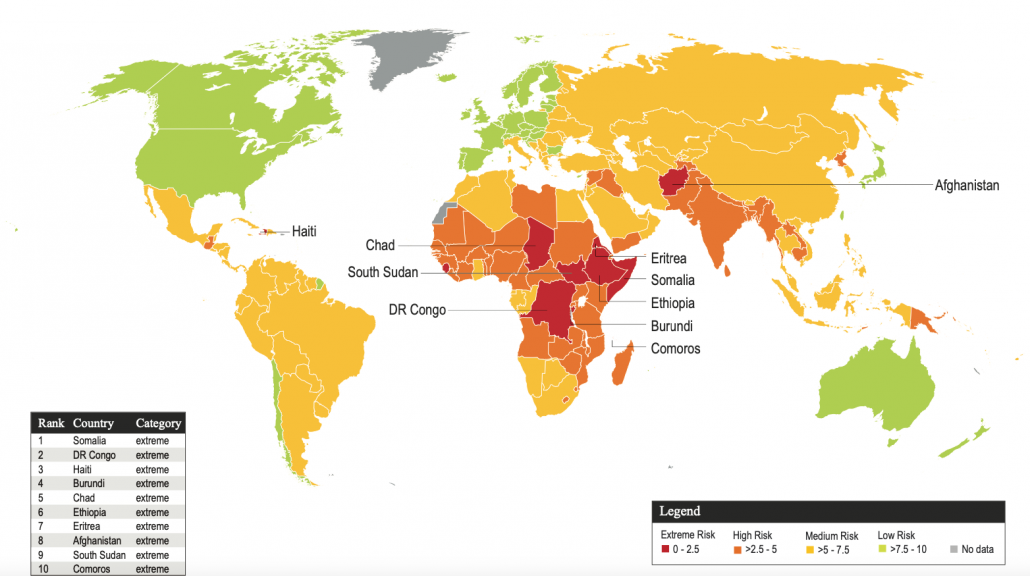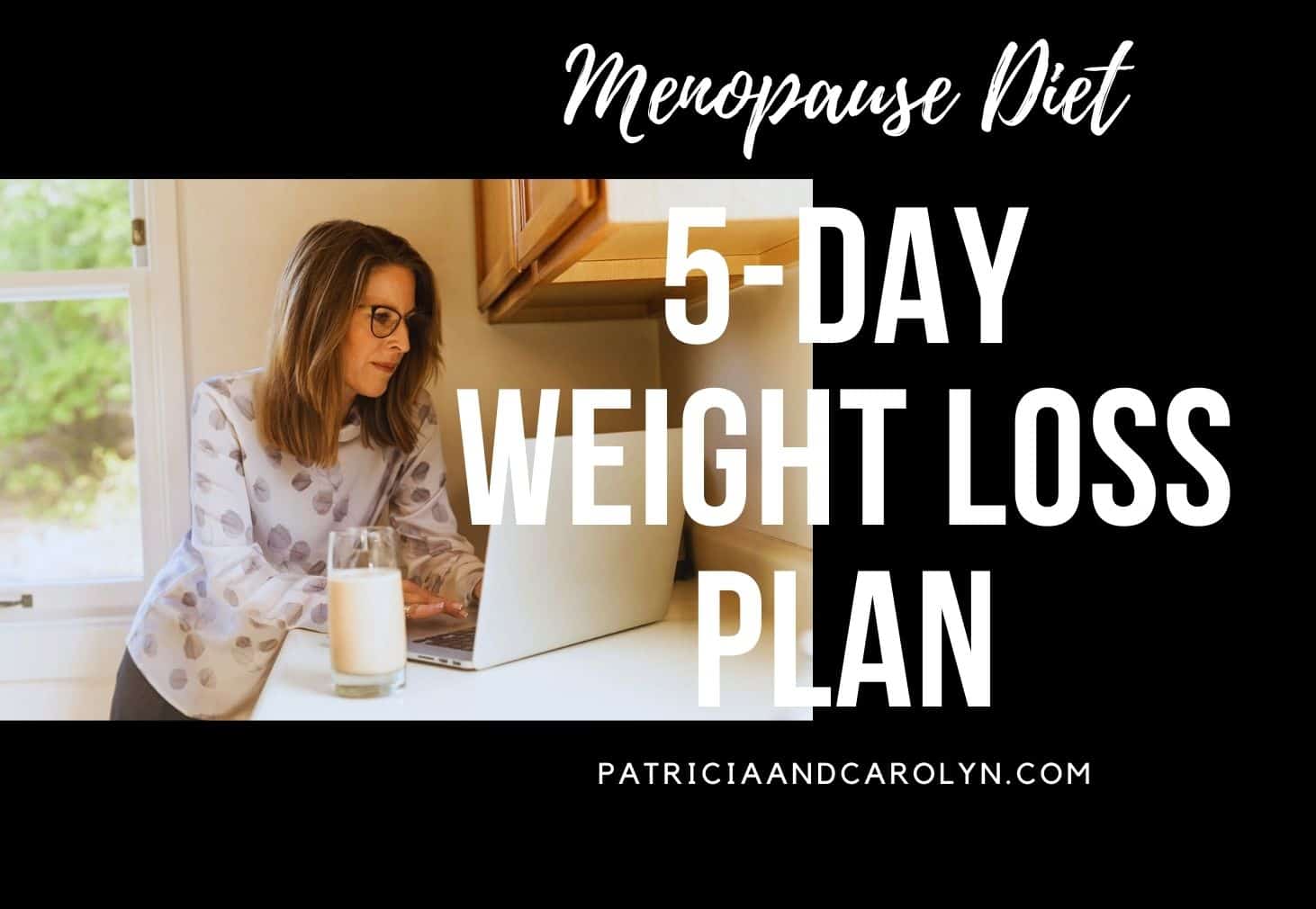
It is possible to be confused about which workout you should do first, whether you're starting a running programme or adding cross-training. Both exercises burn calories but which one will be better for your health? Here are some advantages to both. Continue reading to find out more. Apart from the obvious advantages, both can increase motivation and prevent injury. Read on to learn about the advantages of walking and running for runners.
Running vs walking
Both types have numerous health benefits. While running is generally considered a higher-impact sport, walking is relatively low-impact. Both activities increase cardio-vascular fitness and decrease your risk for developing certain diseases. Running and walking have significant differences in cost and budget. Running can be a good option for people who want to increase their daily activity without spending an exorbitant amount of money.

Health benefits
Both types of exercise can be beneficial to your health. But which type is better? Walking is the best form of exercise if you're just starting your fitness journey. You can still run, but you can also walk short distances. Walking can improve heart, brain, and joint health. There are plenty of benefits to walking as well. Read on to find out how each of them can help your health.
Injuries
Both forms of exercise have their risks. Running has a higher risk than walking because it puts more stress on your body. Study of 5,327 runners found that runners had 25% more injuries than walkers. Achilles tendon injury to the knee and Achilles tendon in runners is common. This can cause severe symptoms and even permanent damage. Running has been associated with an increased risk of developing arthritis.
Time to recover
While the recovery time needed for a run will depend on how long it is, it's always better to be on the safe side and run slowly for at least a day after a strenuous workout. The amount of time needed to recover also depends on your fitness level and volume of training. Expert runners might need to rest more between longer runs. While beginners may need more, elite runners may need to take more time between shorter and easier runs. A good way to get adequate rest is to follow the right diet and nutrition plan.

Gait
The primary difference between the walking and running gait is the amount energy expended during a stride. Most impact energy hits the ground through the feet and ankles, where it is absorbed most by the foot. Muscle contraction accounts for fifty percent of this energy. Poor gait means poor energy recovery. This can happen due to poor shoes, muscle imbalances, and landing on the heels. Because of this, the body uses more energy to propel it forward.
FAQ
Why Exercise is Important for Weight Loss
The human body is an incredible machine. It was made to move. Our bodies are designed to move, whether we're running, swimming or biking, lifting weights, doing sports, jumping rope, walking or standing still.
Exercise helps to burn calories and improve muscle tone. This will make you feel healthier both mentally and physically. It is common to hear people say that exercise is essential for weight loss. But what exactly is it?
-
Exercise increases metabolism. Your body uses energy when you are active. Your heart rate increases, blood flow to your muscles and oxygen is absorbed from your lungs when you move. All these activities use energy. You can burn calories more easily by exercising and increasing your metabolic rate. You can calculate how many calories your body burns by doing physical activity.
-
Exercise reduces appetite. Exercise can help you lose weight.
-
Exercise increases strength. Muscle tissue requires more energy to function than fat tissue. So if you build lean muscle mass, you will need less food to maintain your current weight.
-
Endorphins are released when you exercise. Endorphins can make you happy. They are released when you exercise. Studies show that endorphins actually block pain signals from reaching your brain. This can give you a sense of well-being.
-
Exercise boosts self-esteem Regular exercise leads to higher self-esteem. And this leads them to live healthier lives.
Make small changes to lose weight. You can add one of these tips into your daily life today.
How long do I need to fast for weight loss?
The answer may not be as straightforward as you think. When determining the number of days you should fast for optimal fat reduction, there are many factors to consider. These are:
-
Your age. Intermittent fasting can be difficult for young people (under 40). This is because they have less time to recover after each fast. On the other hand, if you're older (over 60), you may find that you don't have enough energy to sustain an extended period of daily fasting.
-
Your current body composition. Longer periods of fasting are more beneficial if you have a lot muscle mass. You may find shorter fasting more beneficial if your muscle mass is low.
-
How active you are. Exercise regularly and you may need to extend the fasting window in order to get enough sleep between workouts.
-
Your past health history. Extra fasting may be necessary for people who have heart disease, diabetes, cancer, or other medical conditions.
-
How can you manage stress? Stressful situations often make us eat less. You may need to extend your fasting times in order to avoid this problem.
-
What type of diet do you follow? Certain diets, like ketogenic diets, may require even longer fasting periods.
-
The quality of sleep you receive. Lack of sleep has also been linked to increased appetite and decreased metabolism. It may take some trial and error before you find the right combination.
-
Your daily intake of protein. Protein helps stabilize blood sugar levels, which means that eating more protein could potentially lead to lower insulin levels. This would allow you to fast for longer periods of time.
-
It doesn't matter if you want to gain or lose fat, those who are trying for weight gain will often require longer fasting periods.
-
How many calories did you consume during your fasting period? You may lose more weight if you eat fewer calories each day than if you eat more.
-
Your overall fitness level. The metabolic rate of fast people who are fit is higher, which means they burn more calories each day.
-
Your gender. Men are more hungry than women so they may have to fast for longer periods. Women tend to have smaller appetites so they might only need to fast for 20-30 minutes each morning.
-
Your lifestyle. Are you someone who does a lot of exercise? Do you work out several times a week? Are you a worker who sits at a computer all day? These factors can impact how fast you should be moving.
-
How much do you spend per month on food? You don't have to spend much on groceries to eat healthy food. It's possible to save money by purchasing whole grains rather than white bread, fruit instead of candy bars, lean meats instead fatty cuts, and fruits instead of candy.
-
It is vital that you control your hunger. You may not have to fast as often if it is important to eat regularly.
How long does it usually take to lose weight
It takes time to lose weight. It takes about six months to lose 10% of your weight.
You should not expect to lose weight overnight. Your body needs to adjust to new dietary habits.
This means you need to gradually alter your diet over several weeks or days.
Also, you should stop taking fad diets because most of them don't work. Instead, you should change your daily routine.
If you eat unhealthy snacks at night, you might want to cut back.
Eat healthier meals earlier in evening. This will prevent you from snacking late at night.
Water is essential for your body. Water keeps you hydrated and prevents your body from becoming dehydrated. Dehydration causes you to feel fatigued and slow.
You will stay more energized and focus if you drink lots of water throughout your day.
Relaxing activities can help reduce stress. You could spend quality time with your loved ones.
You can also listen to music or read books.
These activities will help you unwind from stressful situations. These activities will help you improve your mood and self-esteem.
When you are trying to lose weight, it is important to consider your health first.
Your physical fitness level is an indicator of your overall health. Proper nutrition and regular exercise are essential to staying fit.
Is there a difference in intermittent fasting and calorie restrictions?
Calorie restriction refers to eating less than what your body requires. Intermittent fasting differs from other types of intermittent fasting in that it does not restrict calories. Instead, Intermittent Fasting is about eating fewer calories per day.
Intermittent fasting is more effective because it allows you to enjoy foods you love without feeling guilty.
Each method has its pros and cons. Therefore, you need to decide whether you prefer one method over another.
Statistics
- Among women, the increase in metabolic rate was nearly 4%, or 50 more calories per day (14Trusted Source (healthline.com)
- A 12-week study in 20 women with obesity found that walking for 50–70 minutes 3 times per week reduced body fat and waist circumference by an average of 1.5% and 1.1 inches (2.8 cm), respectively (healthline.com)
- According to Harvard Health, it's estimated that a 155-pound (70-kg) person burns around 167 calories per 30 minutes of walking at a moderate pace of 4 mph (6.4 km/h) (5). (healthline.com)
- It's estimated that half of all American adults attempt to lose weight every year (1Trusted (healthline.com)
External Links
How To
How do I lose belly fat fast?
It is hard to lose belly fat. It takes effort and dedication. These tips will help you achieve your goals.
-
Healthy Food It is essential to eat healthy food. Ensure that you eat foods like fruits, vegetables, whole grains, lean protein, low-fat dairy products, nuts, seeds, beans, legumes, fish, poultry, eggs, olive oil, low-sugar fruits and vegetables, and stay away from junk food.
-
Drink Water. Drinking water will keep you hydrated and make it easier to feel satisfied for longer durations. Make sure you drink lots of water every day.
-
Cardio exercises are a great way to burn calories and build muscle mass. Cardio exercises help you burn more calories and build muscle mass. They also improve your heart health and boost metabolism. Do 30 minutes of cardio exercise each day.
-
Get Enough Sleep. Good health is dependent on sleep. A lack of sleep can lead anxiety and stress that can then be exacerbated by unhealthy habits like smoking and drinking.
-
Reduce Stress. Stress can affect our brain chemistry. Cortisol is a hormone that causes stress to increase hunger pangs and increases cravings for high-calorie food.
-
Take regular breaks. Take frequent breaks throughout the day. Go outside and walk around or take a short nap. Doing so will give your mind and body the time they need to unwind and recover.
-
Avoid Alcohol Consumption. Alcohol has empty calories, and can slow down digestion. If you're trying to lose belly fat, drinking alcohol should be avoided as much as possible.
-
Have fun!